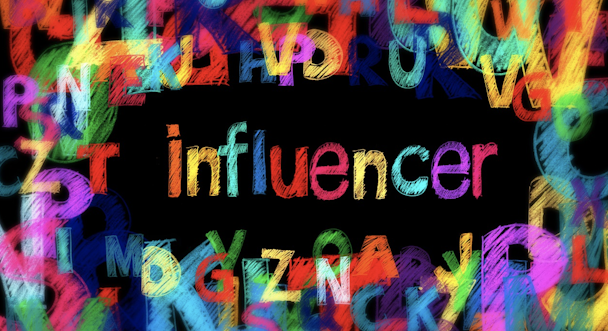The rise of transparency in influencer marketing in 2021
Influencers have come a long way in the past 10 years. They have evolved from having fun creating content on a platform to being business-savvy professionals. As we head into 2021, influencers will cement their place further in mainstream marketing, however this will bring about a lot of challenges along the way. Consumers are demanding more from the influencers they pay attention to and trust. They are looking for transparency, authenticity and genuine value, and brands need to step up.

Influencer marketing in 2021
Partnership relevance at the forefront
After growing tired of getting the bombardment of ads on their feeds, in 2020 followers have started to call out creators for being inauthentic when it comes to ads. This usually follows after an influencer promotes a product that appears to the audience as irrelevant to their usual content, or if the actual content itself looks staged and unnatural. In a survey by Influencer.co 82% of followers agreed that it is important for an influencer to disclose their personal use history with the product they are promoting, with a further 62% agreeing that it is unethical for influencers to promote products that they don’t use themselves. Although there has been a vast improvement over the years, brands and creators will need to undertake more research and work closer together in 2020 to create content that not only suits the brands’ message, but is suited to the creators’ audiences’ expectations also.
A great case study for prioritising product relevance when working with influencers is Dunkin' Donuts' collaboration with TikTok star Charli D’Amelio, who is known for drinking Dunkin’s coffee. When the two partnered up in September 2020 to create ‘The Charli’ the Dunkin app saw a 57% increase in daily downloads, resulting in thousands of drinks sold within the first five days. All cold-brew coffee sales also surged up to 45% the day after the drink was launched. This partnership was executed so well because DAmelio’s audience knew that she genuinely loved Dunkin’s coffee before there was any paid marketing spend behind it, it was as natural a partnership as anyone could hope for, and the results further proved that authenticity is influence. Now that paid promotions by influencers are generally accepted by audiences, it will be important going forward for both creators and brands to prioritize product relevance and value alignment when forming a partnership, in order to generate great results.

Increased social responsibility
After watching a recent fashion haul from a favourite lifestyle creator of mine, I naturally headed to the comment section expecting a buzz around the clothes and haul. However, the comment section had turned negative, criticising the creator for promoting so many fast-fashion brands recently on their channel. Ethical shopping has seen a rise in popularity amongst young shoppers, and with the rise in businesses catering to help fighting this course, there will be little excuse for creators who choose to ignore the consequences of promoting brands that have known links to not being environmentally conscious. As a result of this, brands need to consider their ethical values and how they communicate these when working with influencers. More research into aligning ethical values will prevent both brands and creators from this backlash. However, it is not just the environmental ethics that audiences are asking creators to take into account when choosing products that they want to use their platform to promote. In 2020, creators have begun to acknowledge the real power of their influence and have become more outspoken on social and political issues that they care about, such as the BLM movement and climate change.

Influencers who have spoken out and created content tackling these prominent issues have been met with praise, while others who have remained silent are now facing criticism from their audiences who demand better, and from their fellow creators who are trying to lead the movement for this change. As the demand grows for influencers to use their platform to speak up on important matters, there will be a continuation of the discussion of personal values in their content, however more in depth, and this will roll over into the brands with which they choose to create partnerships.
With so many brands looking to work with creators, those creators are now recognizing that they have the choice to only work with those that they feel align with the values that they not only hold themselves, but that they know will resonate with their audience. There will be an increase of influencers publicly criticizing brands that they feel are staying quiet on important matters, or that are openly contributing to the issue at hand. Ultimately, this will result in ethical, sustainable and inclusive brands being those that will benefit most from this behavioural change, with others being subbed by influencers who do not want to be affiliated with a brand that ignores important issues.
Overall, 2021 looks to the emergence of the fully-realised influencer. We will see creators stepping up and acknowledging the true power that they hold as public figures and no longer worrying about hiding in the shadows when it comes to their values and beliefs. Smaller, engaged audiences that align with the creator’s values will rise in importance and will empower a more authentic and meaningful experience for all parties involved. A sector that may have been starting to lose trust by the general public, will gain it once again, resulting in a much healthier buying experience – both for brands and their consumers.
Katie McKane is a client success executive at Tailify.
Content by The Drum Network member:


